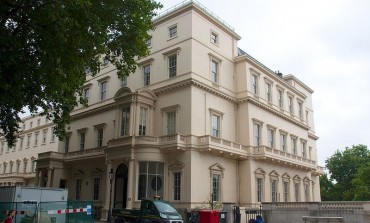Leasehold vs freehold: What’s the difference?
There are two fundamentally different forms of legal ownership: freehold and leasehold. Although estate agents tend to gloss over it, the difference can be between a home that is worth buying and one that isn’t. Many people who don’t sort this out when they buy a home end up regretting it – getting it wrong can be hugely expensive.
What is freehold?
If you own the freehold, it means that you own the building and the land it stands on outright, in perpetuity. It is your name in the land registry as “freeholder”, owning the “title absolute”. Freehold is pretty much always the preferred option: you can’t really go wrong with it.
- You won’t have to pay annual ground rent
- You don’t have a freeholder either failing to maintain the building, or charging huge amounts for it
- You have responsibility for maintaining the fabric of the building – the roof and the outside walls
- Whole houses are normally sold freehold – there is no reason for a standalone house to be leasehold though there is an increasing trend for leasehold houses, particularly with new build homes, so check before you buy
What is leasehold?
Leasehold means that you just have a lease from the freeholder (sometimes called the landlord) to use the home for a number of years. The leases are usually long term – often 90 years or 120 years and as high as 999 years – but can be short, such as 40 years.
- A leaseholder has a contract with the freeholder, which sets down the legal rights and responsibilities of either side
- The freeholder will normally be responsible for maintaining the common parts of the building, such as the entrance hall and staircase, as well as the exterior walls and roof. However, other leaseholders might have claimed their “right to manage”, in which case it is their responsibility
- Leaseholders will have to pay maintenance fees, annual service charges and their share of the buildings insurance
- Leaseholders normally pay an annual “ground rent” to the freeholder
- Leaseholders will have to obtain permission for any majors works done to the property
- Leaseholders may face other restrictions, such as not owning pets or subletting
- If leaseholders don’t fulfil the terms of the lease – for example, by not paying the fees – then the lease can become forfeit






